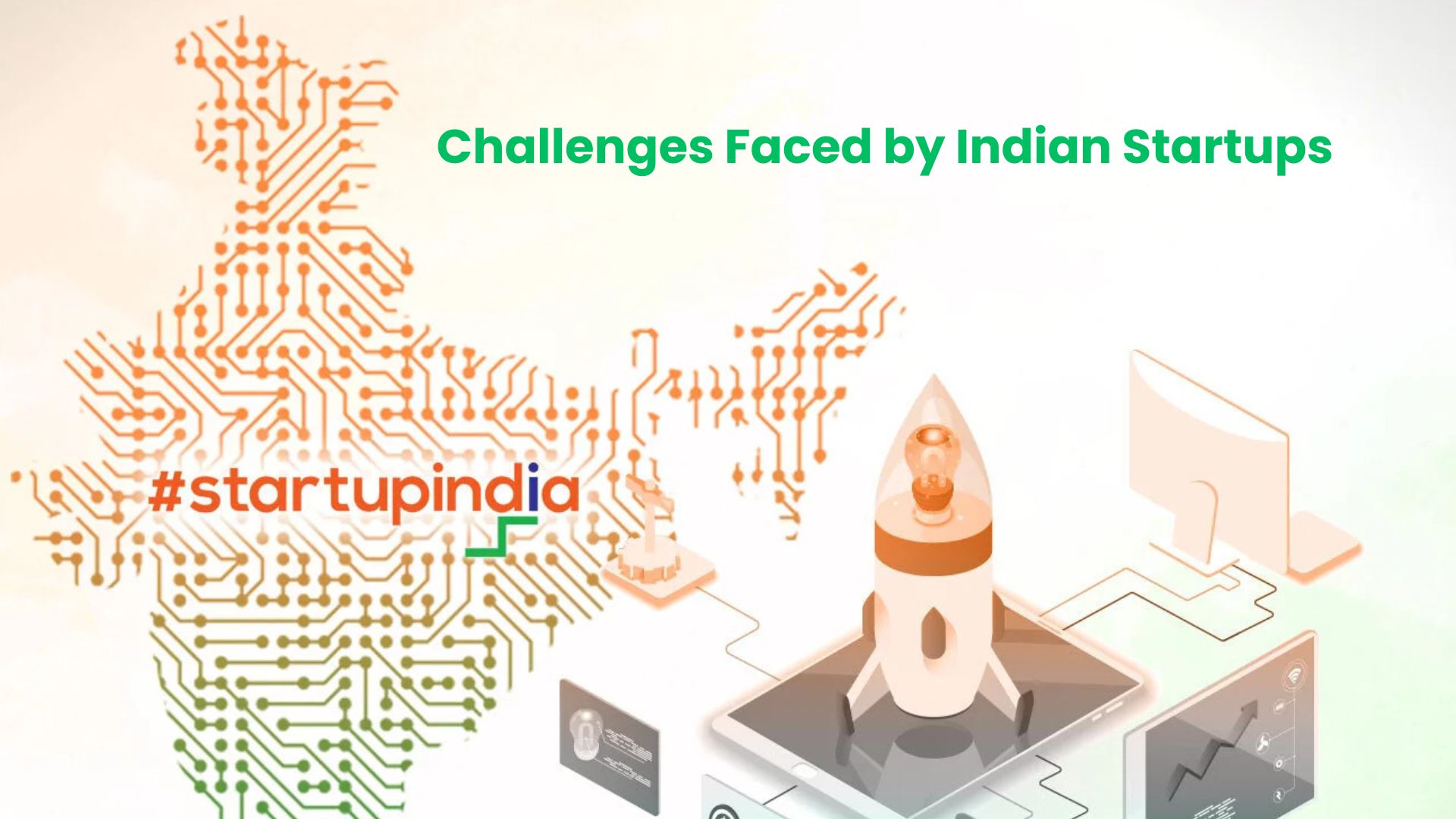Indian startups have been thriving in recent years, with the country emerging as a hub for innovation and entrepreneurship. However, despite the growth and success, Indian startups still face numerous challenges that hinder their progress and scalability. In this response, we will discuss the key challenges faced by Indian startups and provide strategies to overcome them.
Funding and Access to Capital
One of the primary challenges faced by Indian startups is securing funding and access to capital. Many startups struggle to raise funds, especially in the early stages, due to a lack of investors, limited access to venture capital, and stringent regulatory requirements.
Solution: To overcome this challenge, startups can explore alternative funding options such as crowdfunding, angel investors, and government-backed schemes like the Startup India initiative. Additionally, startups can focus on building a strong business model, demonstrating traction, and showcasing a clear growth potential to attract investors.
Challenge 2: Talent Acquisition and Retention
Indian startups often struggle to attract and retain top talent, particularly in niche areas like technology and data science. The competition for skilled professionals is fierce, and many startups lack the resources to offer competitive salaries and benefits.
Solution: To address this challenge, startups can focus on building a strong employer brand, offering flexible work arrangements, and providing opportunities for growth and development. They can also leverage platforms like LinkedIn and Glassdoor to showcase their company culture and values. Furthermore, startups can consider partnering with educational institutions and training programs to develop a pipeline of skilled talent.
Regulatory Compliance
Indian startups often face complex and time-consuming regulatory requirements, which can hinder their growth and scalability. The regulatory landscape in India is constantly evolving, and startups must navigate multiple laws and regulations, including those related to taxation, labor, and intellectual property.
Solution:To overcome this challenge, startups can engage with regulatory experts and consultants who can provide guidance on compliance and help navigate the regulatory landscape. Startups can also leverage technology to streamline compliance processes and reduce the administrative burden. Additionally, the government has introduced initiatives like the Startup India portal, which provides a single-window clearance for startups to register and comply with regulatory requirements.
Infrastructure and Logistics
Indian startups often face challenges related to infrastructure and logistics, including access to reliable internet, transportation, and storage facilities. This can hinder their ability to scale and deliver products and services efficiently.
Solution: To address this challenge, startups can explore alternative infrastructure options such as co-working spaces, cloud computing, and third-party logistics providers. They can also leverage government initiatives like the Digital India program, which aims to improve digital infrastructure and connectivity across the country.
Market Competition
The Indian startup ecosystem is highly competitive, with many players vying for market share. Startups must differentiate themselves and create a unique value proposition to stand out in a crowded market.
Solution: To overcome this challenge, startups can focus on building a strong brand identity, developing innovative products and services, and creating a customer-centric approach. They can also leverage digital marketing channels and social media to reach a wider audience and build a loyal customer base.
Mentorship and Networking
Indian startups often lack access to experienced mentors and networks, which can hinder their growth and scalability. Startups need guidance and support to navigate the complex startup ecosystem and make informed decisions.
Solution: To address this challenge, startups can leverage mentorship programs like the Startup India Mentorship Program, which connects startups with experienced entrepreneurs and industry experts. They can also attend networking events, conferences, and workshops to connect with peers, investors, and potential partners.
In conclusion, Indian startups face numerous challenges that can hinder their growth and scalability. However, by leveraging alternative funding options, building a strong employer brand, engaging with regulatory experts, exploring alternative infrastructure options, differentiating themselves in a competitive market, and seeking mentorship and networking opportunities, startups can overcome these challenges and thrive in the Indian ecosystem.




